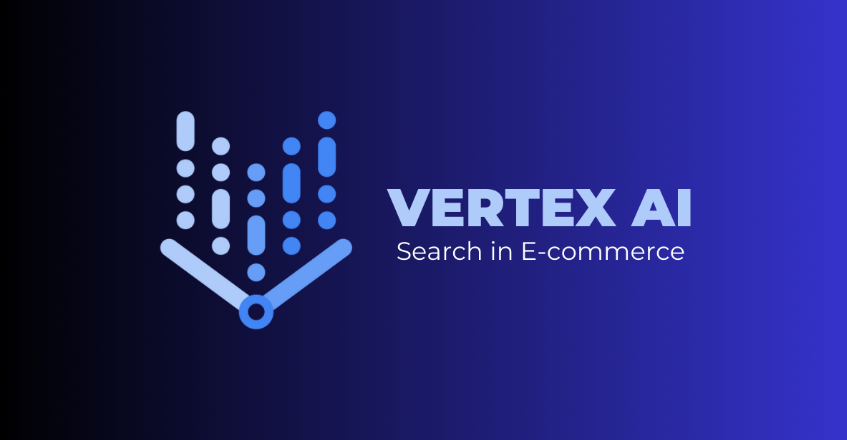
Twilight of the Search Engine? Don't Panic! Vertical AI Search is Igniting the Golden Age of AI SaaS!
Futurist Sheng Fu's recent observation that “the twilight of the search engine has arrived” has sent ripples through the industry. Google's traffic is declining, plummeting by 40% in some categories; OpenAI's traffic conversion rates far exceed Google's, reportedly 5x higher for a medical project; GMO (Generative Model Optimization) is emerging in Silicon Valley… All signs point to a stark reality: **the internet's traffic center is rapidly shifting from traditional search engines to Large Language Models (LLMs).**
User habits have changed. We're no longer satisfied with a list of links; we crave direct, precise answers. Whether it's ChatGPT, Gemini, or domestic counterparts like Doubao or Yuanbao, they are becoming our primary gateways for acquiring knowledge and solving problems. Professor Yu Jun's product value formula resonates again: **Product Value = (New Experience – Old Experience) – Switching Cost**. The new experience offered by LLMs, in many scenarios, already surpasses the old search experience, and the switching cost is virtually zero.
So, as the twilight descends on general search engines, where is the dawn for AI SaaS? Is simply integrating a general LLM into a SaaS product enough? **Far from it!** I believe the truly revolutionary force lies in **Vertical AI Search**, which will completely reshape the value and future of AI SaaS.
Why do I say this?
- 1. **Limitations of General Search are Increasingly Apparent:** While powerful, general LLMs primarily learn from the public internet. They often fall short when dealing with private enterprise data, specialized industry knowledge bases, or real-time business data (like precise inventory, non-public customer records, complex industry regulations), sometimes even generating “hallucinations.” AI SaaS relying solely on general search APIs will have severely limited value depth. As mentioned in the source text, AI search costs can sometimes exceed inference costs, especially for deep research (DR) requiring calls to general search APIs for numerous web pages, which is expensive and yields variable data quality.
- 2. **Vertical AI Search: The Core Engine of AI SaaS:** True AI SaaS must possess the ability to delve deep into the “scene.” This requires a powerful **Vertical AI Search engine**. This engine isn't just about keyword matching; it's about **intelligent retrieval, precise recall, deep reasoning, and personalized generation** based on a profound understanding of the specific industry, business processes, and user data. It can read your contract library, understand your CRM records, analyze your production line data, synthesize the latest industry reports, and ultimately provide answers or suggestions that are **highly relevant, accurate, reliable, and directly usable for decision-making**. This is the core value of AI SaaS!
- 3. **Return of Value for Data Moats and Know-How:** Building vertical AI search relies on high-quality **vertical data** and **industry know-how**. Like Bocha AI mentioned in the text, focusing on B2B search services, its value lies in superior Chinese content and accuracy. Tencent's Yuanbao finds the latest official account articles because it controls the exclusive data source. For AI SaaS vendors, those who can better integrate, govern, understand, and utilize customer vertical data, and embed experts' tacit knowledge (know-how) into their AI search algorithms, will build **insurmountable moats**. This isn't simple feature stacking; it's a deep fusion of **data intelligence and domain expertise**.
- 4. **Evolution from Tool to Intelligent Partner:** AI SaaS equipped with powerful vertical AI search capabilities will transcend being mere efficiency tools and evolve into users' **intelligent business partners**. It can proactively offer insights when needed, provide solutions based on deep data analysis when problems arise, and even predict risks or identify opportunities. This “partnership” model will significantly boost user stickiness and support **value-based (rather than seat-based) pricing models**.
- 5. **Marketing Paradigm Shift: From SEO to “AI Internal Optimization”:** As traffic shifts towards (vertical) AI applications, traditional SEO/SEM will gradually fade. The future focus will be on optimizing internal data structures, knowledge bases, and business processes so they can be **better understood and utilized** by the AI SaaS's vertical search engine, thus “winning” in the answers or suggestions provided by the AI. This is a new form of “AI Internal Optimization” (AIO/GMO), the new battleground of the AI SaaS era.








